At least a dozen people, at current count, have been murdered at the French offices of satirical newspaper Charlie Hebdo, apparently because it published cartoons satirizing Islam and the Prophet Muhammad. This came just a month after hackers, purportedly angry over The Interview‘s depiction of the assassination of North Korea’s leader, attacked Sony’s computer networks and stole valuable and embarrassing data.
Maybe you would never have read Charlie Hebdo or seen The Interview. Maybe you think mocking beloved religious figures, or fictionally blowing up the head of a living world leader, is in poor taste. That’s fine; decent people can lawfully criticize speech and still hate it being attacked unlawfully.
But if you care about freedom, you don’t always have the luxury of defending monumental art. If speech rights only protected polite comments that everyone could agree with, we wouldn’t need them.
And no matter who you are or what you like, these attacks are also attacks on you.
Paris Police Respond to Charlie Hebdo Attack
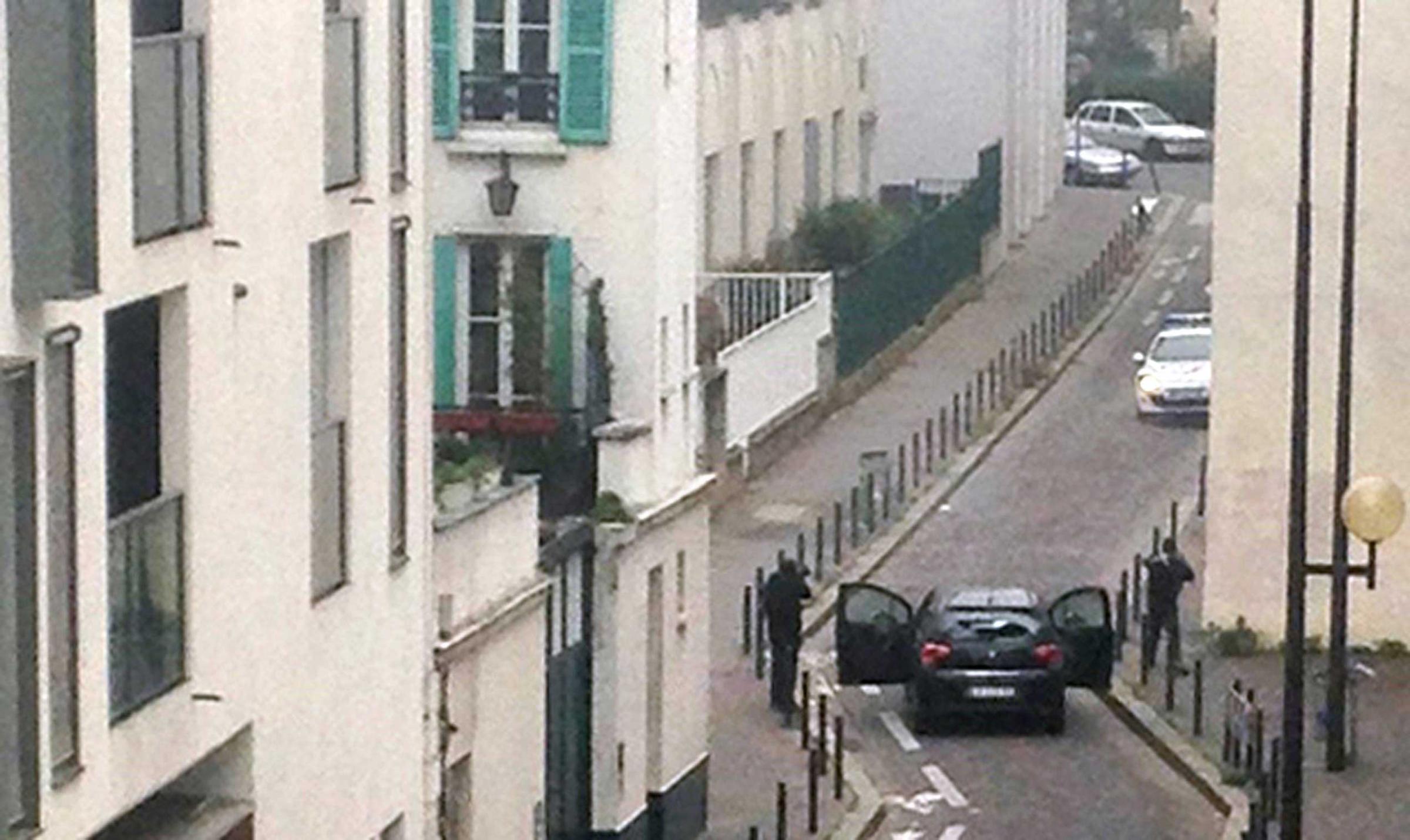
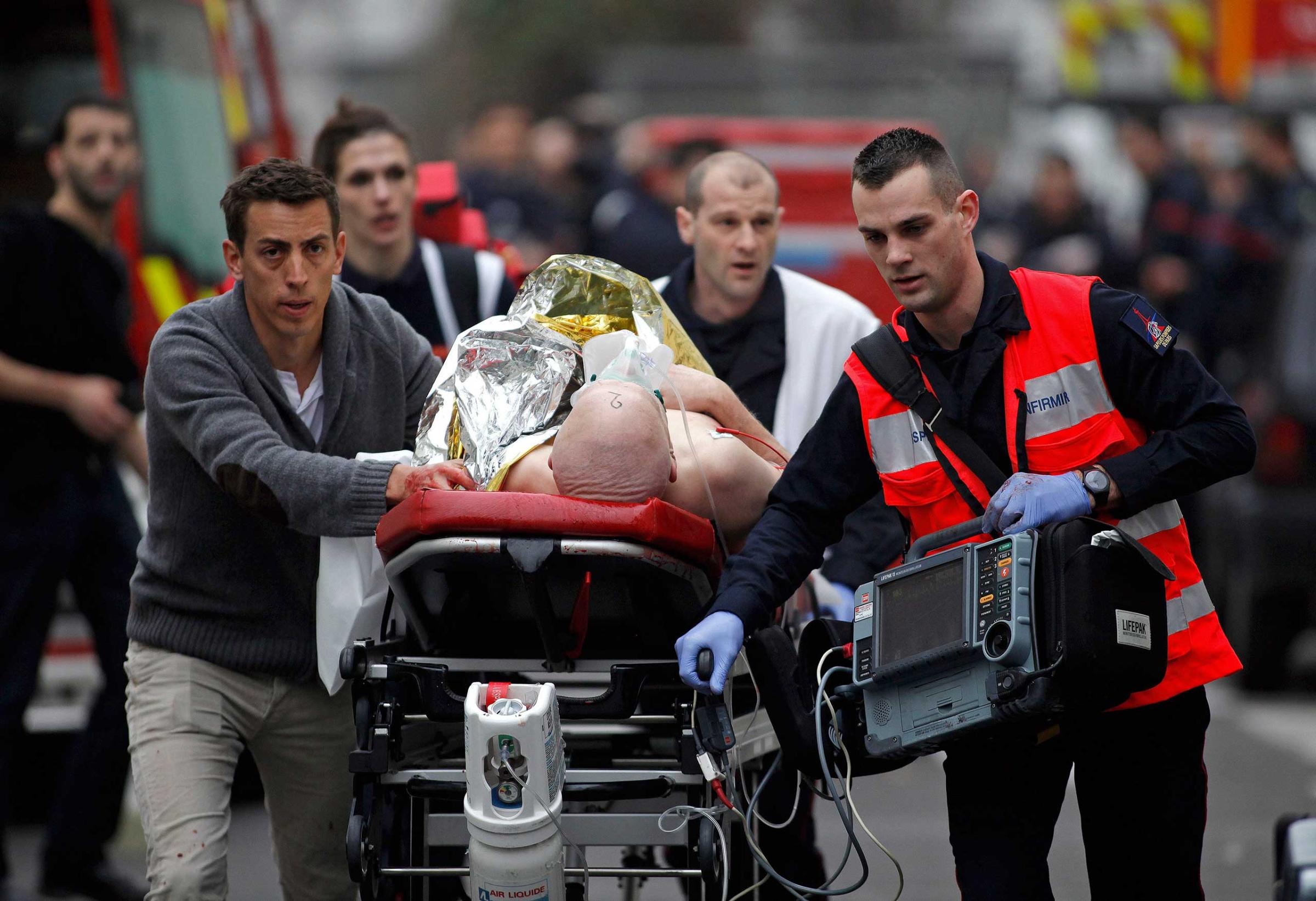
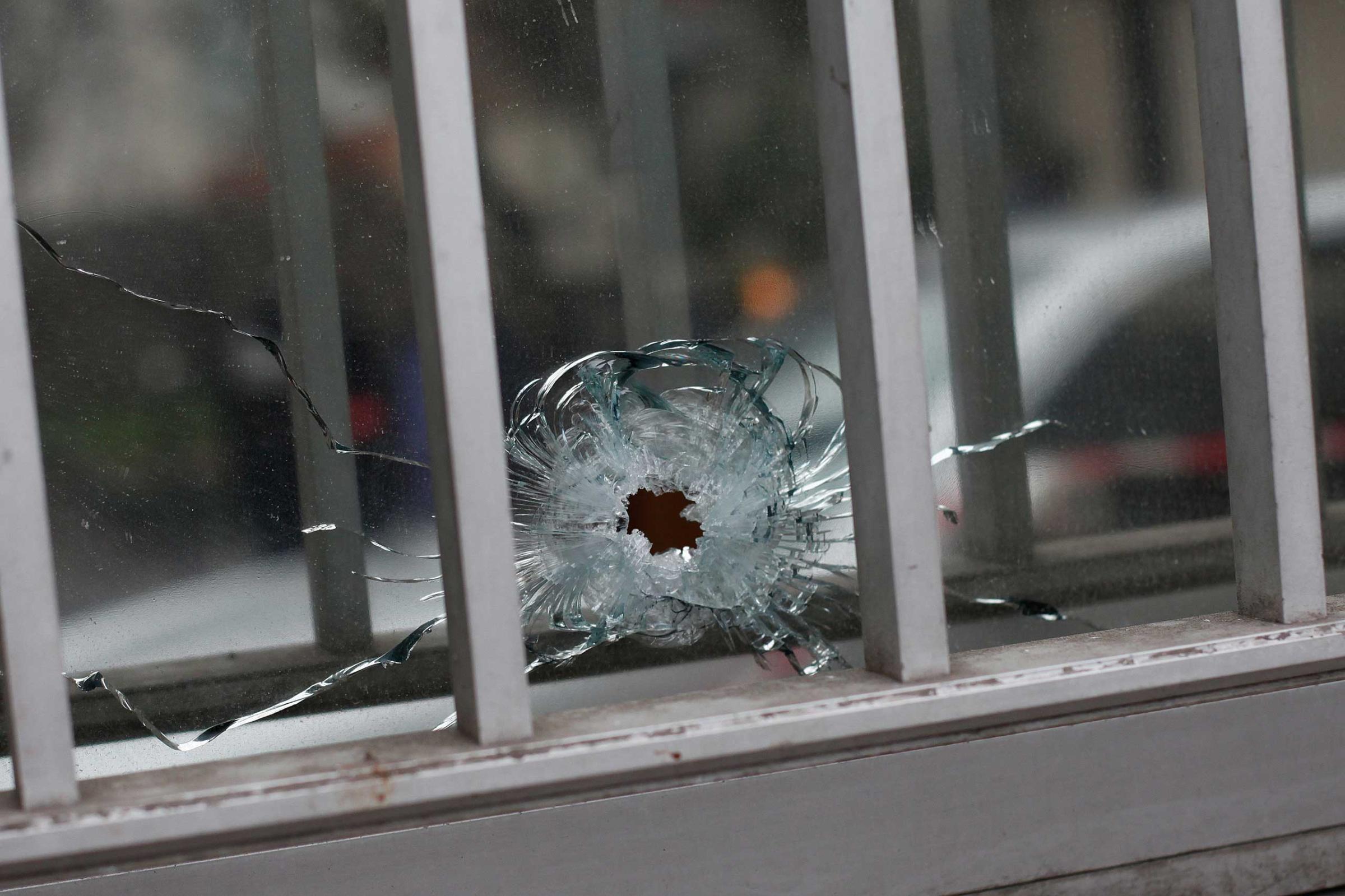
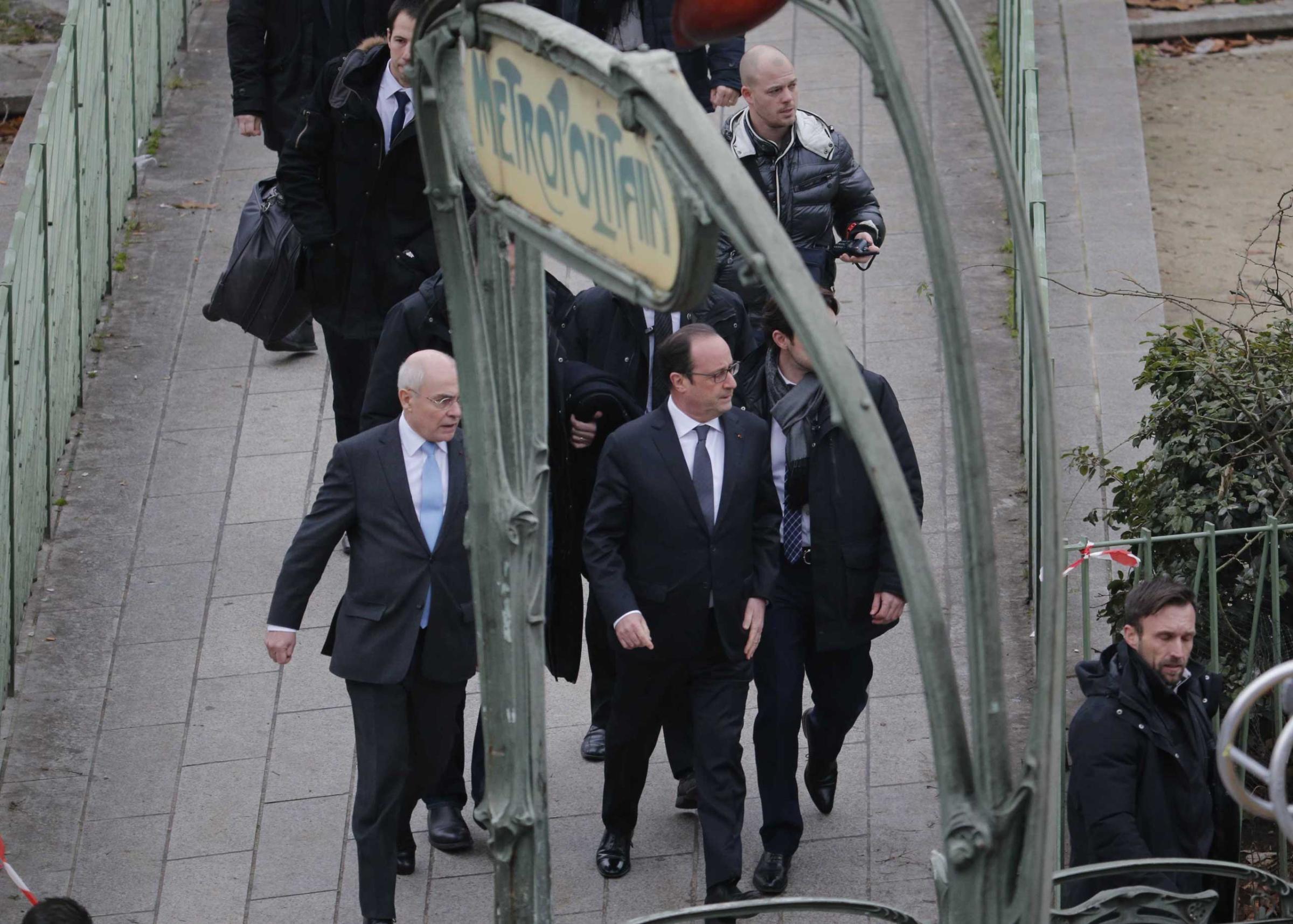
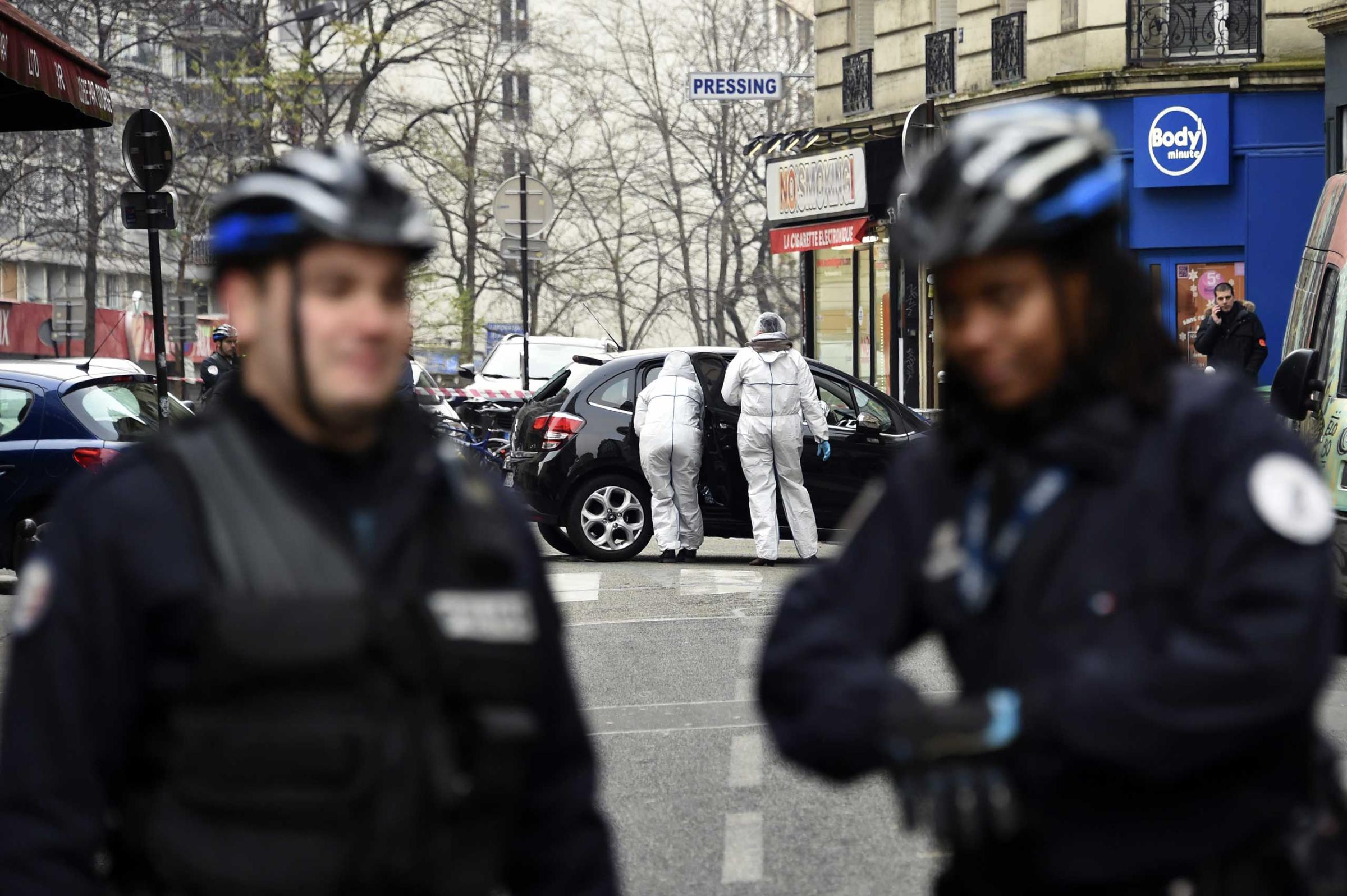
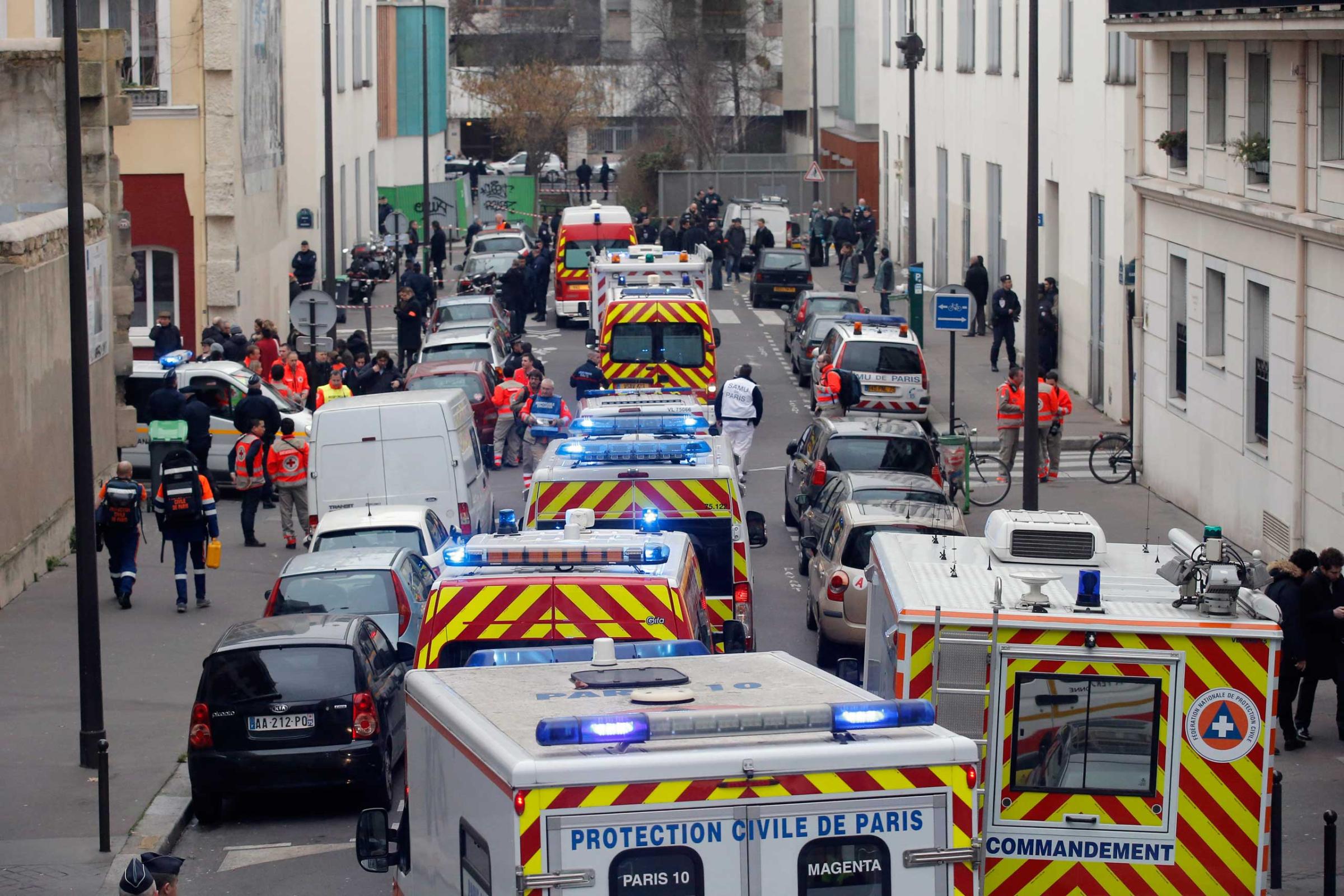
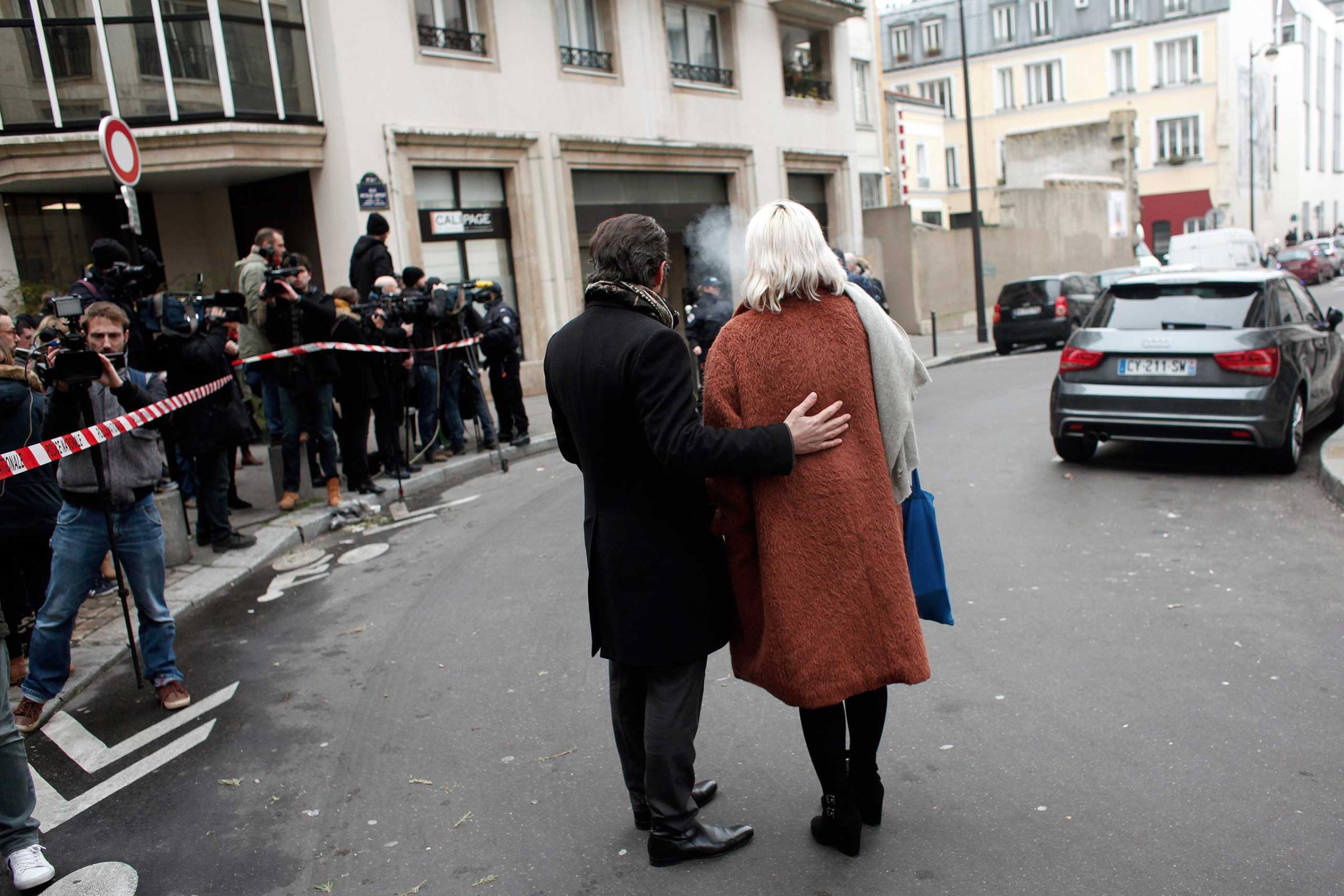
Terrorism, by definition, is never just aimed at its direct victims. The slaughter in Paris was aimed at every news organization that now has to decide whether to show the cartoons. It’s aimed at anyone who reports the next story like this. The Sony hack was aimed at anyone considering another movie that might offend radicals. (Already, one thriller about North Korea has been cancelled in advance.) It’s all aimed at any media corporation that looks at the headlines of shootings and hacking, thinks of the danger, however remote—not to mention the potential legal liability—and decides, you know what, not worth the trouble.
And it works. That’s not the inspiring, uplifting thing I want to say right now. But unless all of us reject the kowtowing and the playing-it-safe, it absolutely has worked and will work again. In 2010, Comedy Central bleeped a South Park episode, “201,” that included a depiction of Muhammad. The show had aired an episode including the prophet in 2001 without incident. But since then there had been protests, violence and threats over the depiction of Muhammad in cartoons in Europe.
No one had to physically attack Comedy Central to make this happen; to this day, you can’t stream an authorized version of “201” online. Ironically, part of the program that was censored was making the point that suppressing speech with violent threats works:
The killers in Paris may have been lashing out at cartoons you never saw and would never have wanted to. But the same attack was also against something you would be interested in. You just may never know it, because you’ll never get to see it.
More Must-Reads from TIME
- How Donald Trump Won
- The Best Inventions of 2024
- Why Sleep Is the Key to Living Longer
- Robert Zemeckis Just Wants to Move You
- How to Break 8 Toxic Communication Habits
- Nicola Coughlan Bet on Herself—And Won
- Why Vinegar Is So Good for You
- Meet TIME's Newest Class of Next Generation Leaders
Contact us at letters@time.com